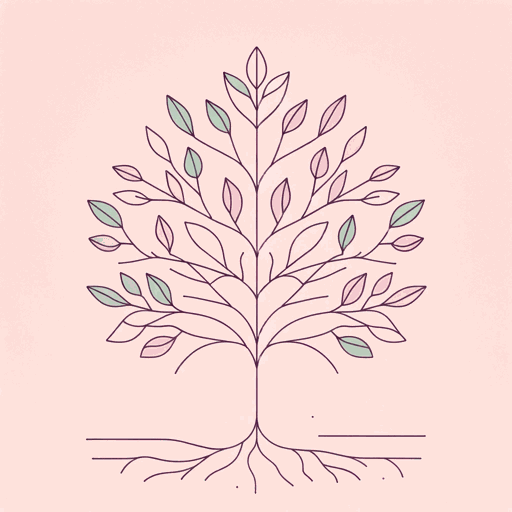44 pages • 1 hour read
Alexandra RobbinsThe Geeks Shall Inherit the Earth
Nonfiction | Book | Adult | Published in 2009A modern alternative to SparkNotes and CliffsNotes, SuperSummary offers high-quality Study Guides with detailed chapter summaries and analysis of major themes, characters, and more.
Important Quotes
“Studies show that popularity equals visibility […] it is interesting that children focus on the quantity rather than the quality of interaction to determine popularity.”
(Chapter 2, Page 55)
Crucially in Robbins’ book about popularity, there is a difference between perceived and actual popularity. Students who were considered popular were often skilled at maneuvering and manipulating their way into such a position, rather than behaving so that others would enjoy being around them. Popularity can be paradoxical: An individual does not have to be likable to be popular. What this really points to is that students who are considered “popular” wield social influence, or power. Just as in Machiavelli’s famous treatise on obtaining and maintaining power, such people rule by fear and conscious manipulation.
“This is a crucial concept that so many teens-those have been trying to achieve popularity and those who are disappointed that they can’t—tend to miss: to be popular does not mean to be liked.”
(Chapter 2, Page 58)
Centrally in this book, Robbins defines the kind of popularity that is recognized in middle and high school as essentially paradoxical. The social science studies she cites throughout it reveal how distinctly irrational group dynamics commonly are, operating not just unjustly but contrary to logic and even obvious truths. The popularity that offers some students certain powers and an ambiance of rarefaction is often built on unhelpful and destructive prejudices.
“For at least half a century, experts considered students who engaged in aggressive behavior to be socially incompetent […] but when researchers began measuring aggression alongside perceived popularity, they found an undeniably strong link. Recent studies concluded that aggressive behaviors are now often associated with high social status.”
(Chapter 3, Page 80)

